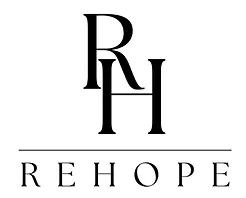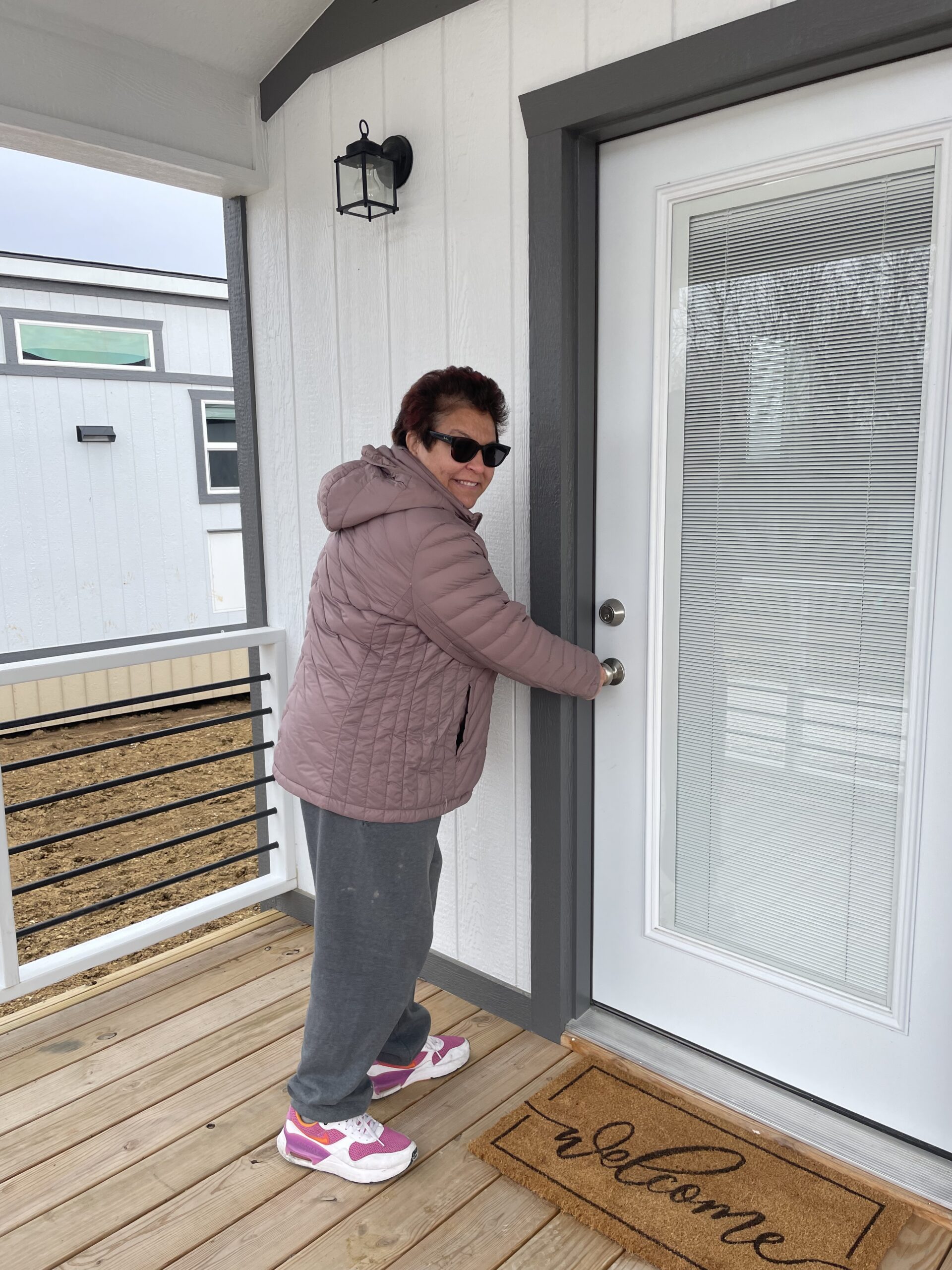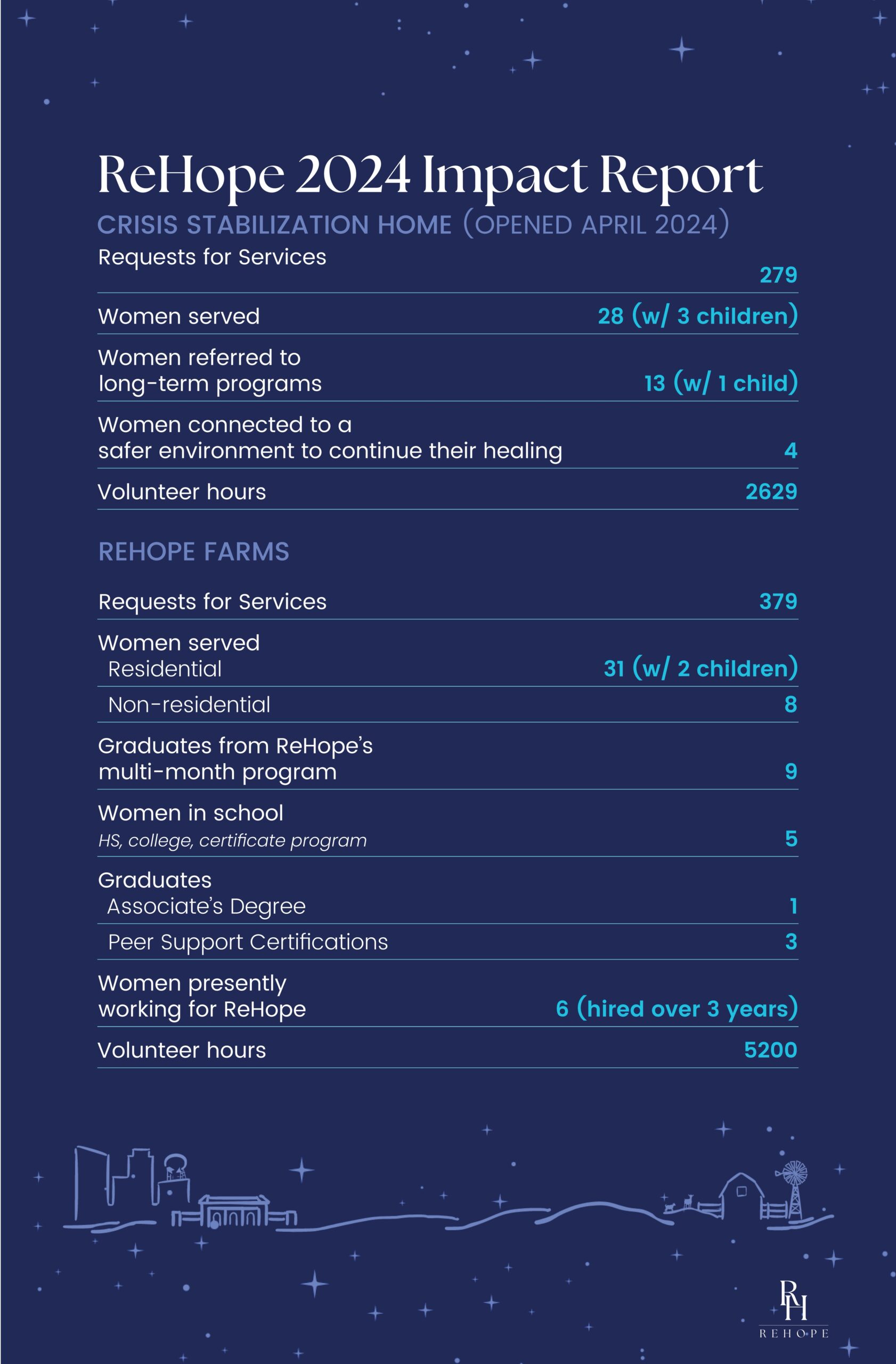developer@segalomedia.com . September 29, 2023
Criminal or Victim?
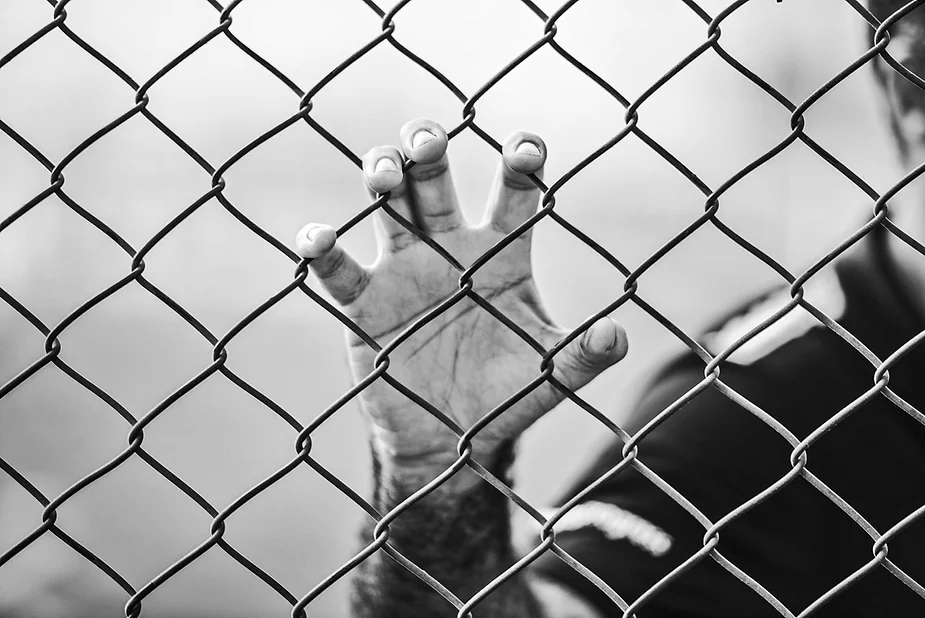
Danielle was 11 years old and living in the Midwest when she started transporting packages filled with marijuana and pills in her backpack to help her uncle. When she was 13, she helped forge documents for her mom in a scheme to illegally obtain public benefits. By 14, Dana was being sold for sex, with her uncle being her “manager”. At 16 years old, Dana was arrested on drug possession charges, and transferred to a juvenile justice facility.
Jose was 16 years old when his cousin in the United States sponsored his journey from Mexico to a small town in Texas. Instead of attending school, his cousin sent him on a Greyhound bus to Houston to transport drugs to another family member. Jose spent months traveling back and forth carrying drugs, before seeking assistance from a local church. The church referred him to an attorney in the congregation. The attorney initially reached out to law enforcement to report the crime but quickly redirected her efforts when the police indicated Jose could be charged with drug smuggling. (Source: Perpetrators or Victims? The U.S. Response to the Forced Criminality of Children (americanbar.org))
Shauna was a 20-year-old female whose boyfriend was selling her for sex. She sat in a jail cell, frustrated, because she had just been arrested for forging checks. The police who arrested her didn’t ask her any questions about her life or why she was forging checks.
Little did they know that her boyfriend had recently been giving her several options to bring in money. She could either have sex for money to meet her quota or she could write bad checks. It was an “easy” choice. Forging checks involved less risk for Shauna. She didn’t have to meet buyers who wanted degrading sex acts, there was no risk of violence or getting caught in a sting. Forging checks was a no brainer over being sold for sex.
Until Shauna was caught and arrested. And because she had committed a crime, who was going to believe her story?
Traffickers often force or coerce their victims into illegal activity to have multiple revenue streams. Not only are they selling their victims for sex, but they may also be forcing their victims to sell drugs, commit credit card fraud, or rob sex buyers (known as trick rolls), among other crimes.

Victims are often arrested and charged for these illegal activities, even though they didn’t have a choice in the matter. And if the professionals working in the department of corrections or criminal justice system do not have training on trafficking, these victims are often seen as criminals and treated as such.
Some signs that correctional officers can look for on the surface are trafficking tattoos, assessing the criminal history of the person who was arrested (looking for prior arrests for prostitution or other types of forced criminality), observing if the person has a controlling individual visiting or calling them, or noticing if they are using language that is used in the commercial sex industry (click the link for more details on language- Common Sex Trafficking Language (sharedhope.org))
Many victims of trafficking and exploitation are coming into contact with the criminal justice system as criminals, with very few of the victims being identified, which compounds their trauma.
“The U.S. penal code…recognizes that trafficking victims forced to commit crimes should not be punished.”- Perpetrators or Victims? The U.S. Response to the Forced Criminality of Children (americanbar.org))
The key is that professionals have to recognize that they are interacting with a victim and not a criminal, which can be challenging without a disclosure.
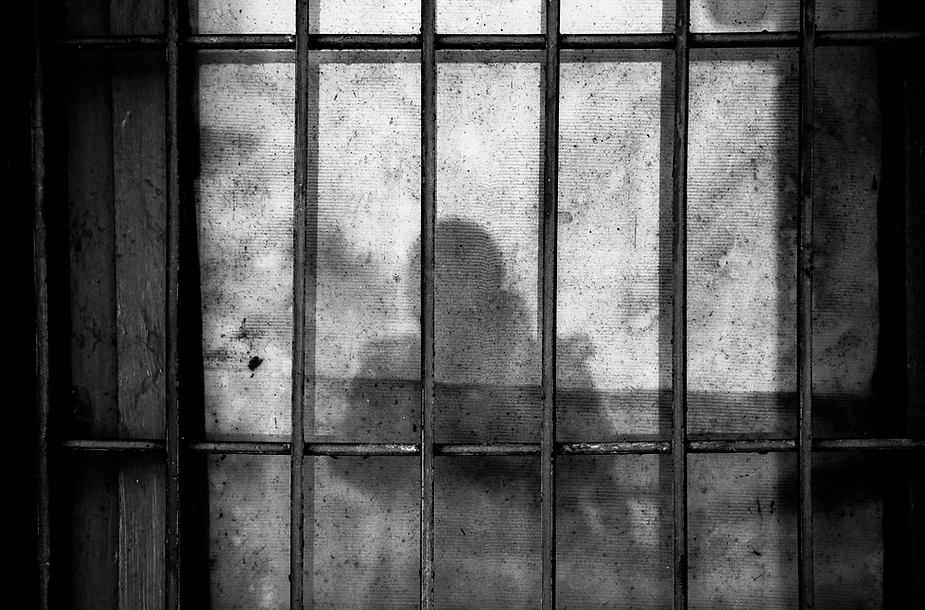
One of the most proactive things that we can do is to equip professionals with training to know what to look for and how to build rapport with victims. Training law enforcement, correctional officers, probation and parole officers, prosecutors, court advocates, and anyone in the criminal justice system will start to change the perception around forced criminality.
For more information on these types of trainings, contact REHOPE at REHOPE University | Center of Excellence in Counter Human Trafficking

